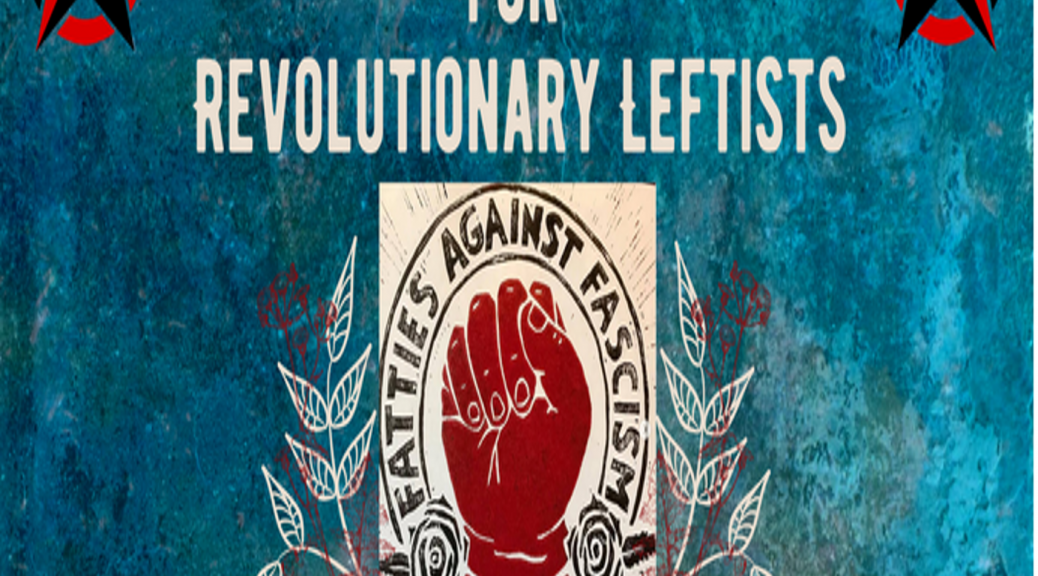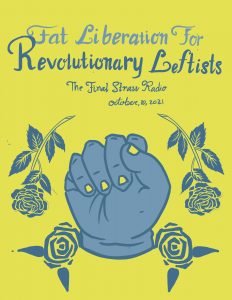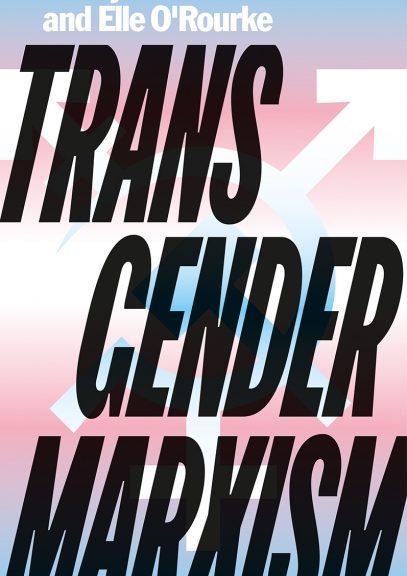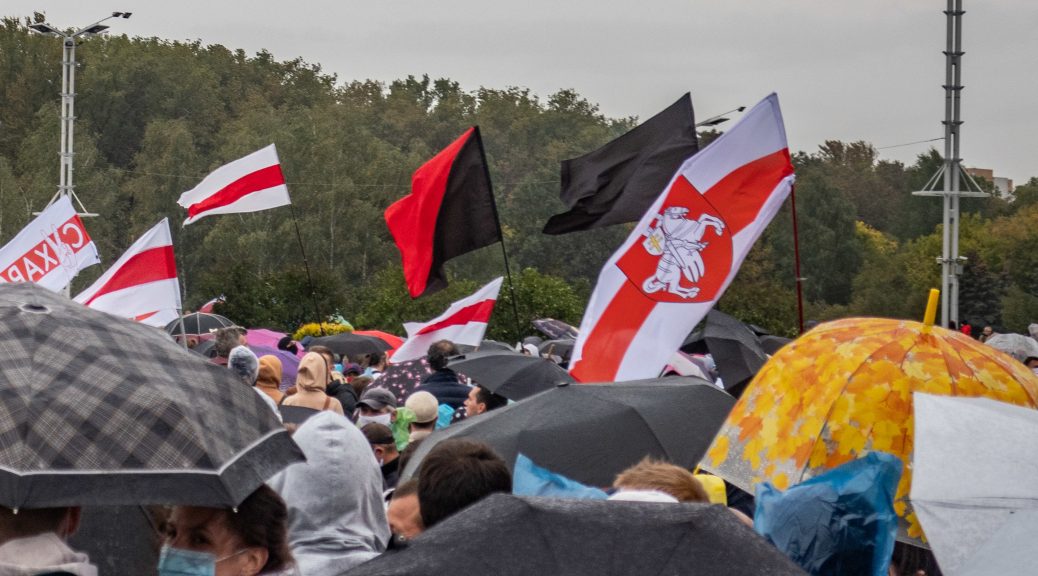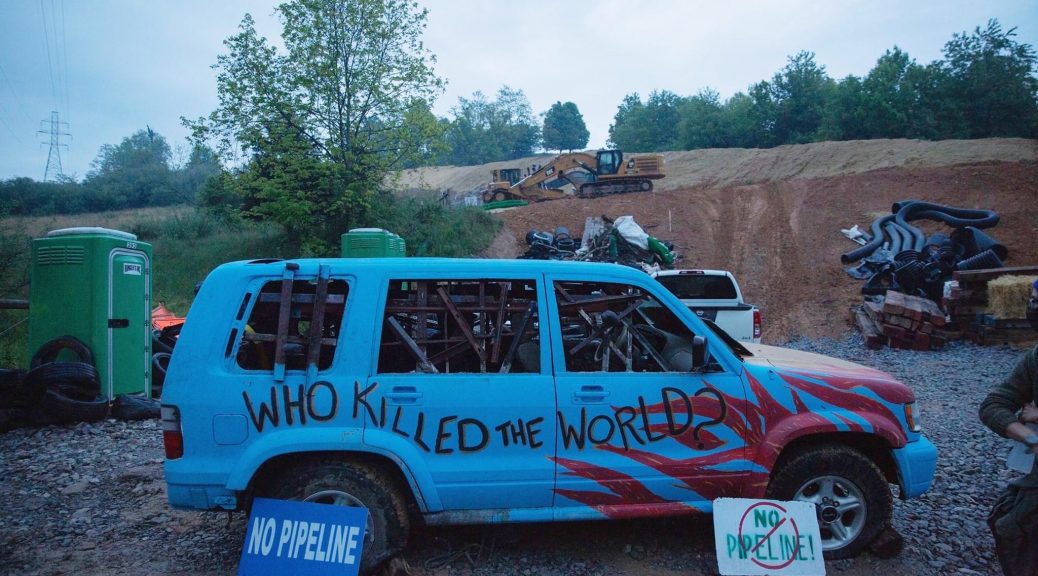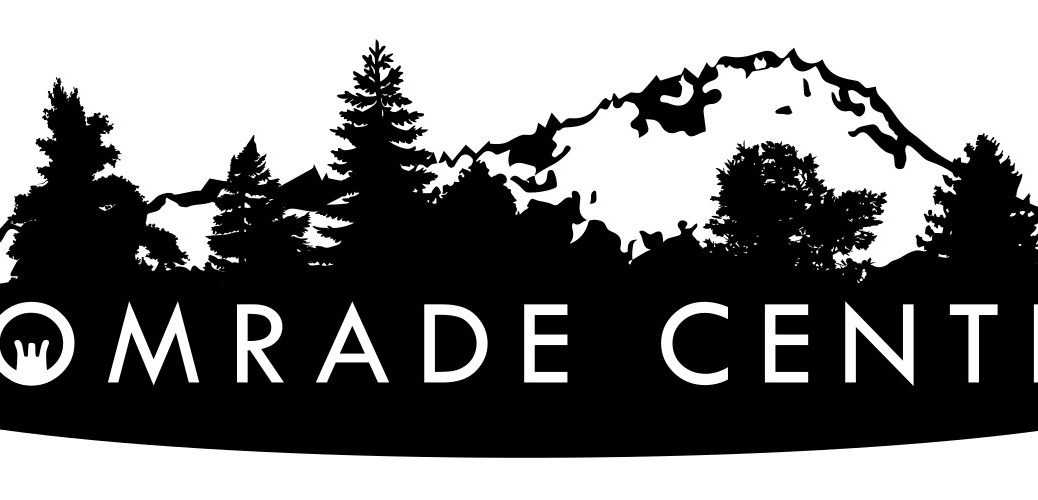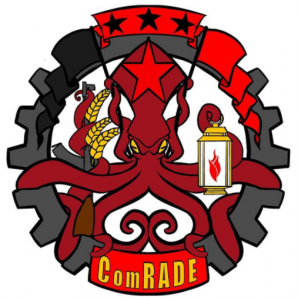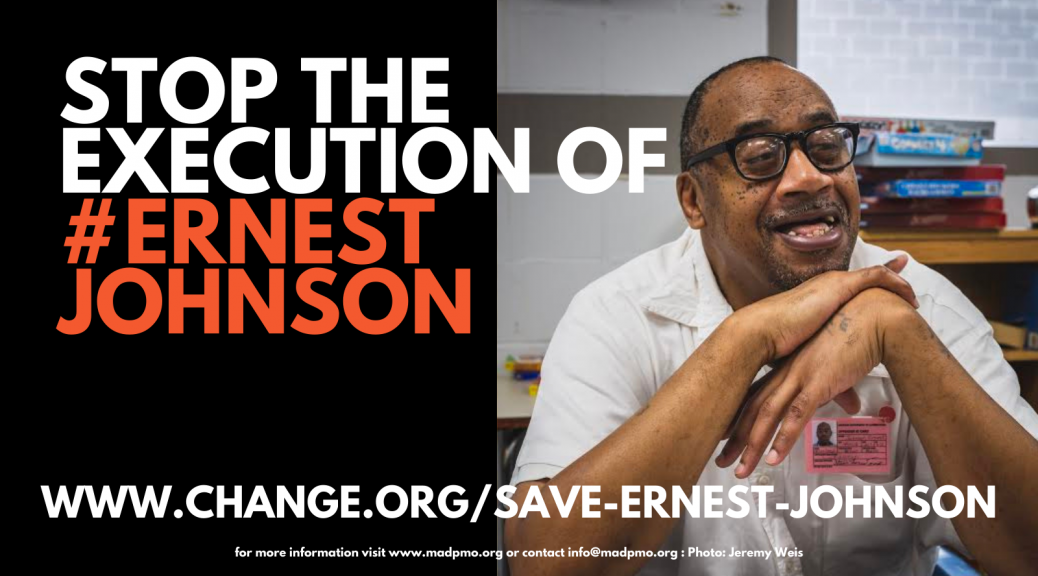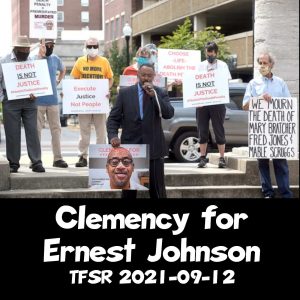Mèo Mun, Anarchist Views from Vietnam
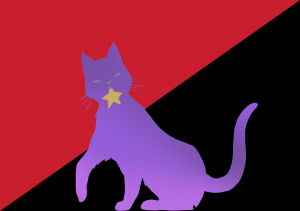
Mèo Mun is an anarchist collective working to make anarchist materials and ideas more accessible to a Vietnamese audience, together with providing an analysis of social struggles from a Vietnamese anarchist lens. Over the next hour you’ll hear three collective members, Mai, Will and tùng share their critiques of leftist misrepresentations of the Vietnamese State as Socialist, lasting impacts of imperialism and war on populations of Vietnam, the centering US imaginaries of Vietnam, the struggles of working class people in general (and queer folks and sex workers in particular) in Vietnam, nationalism promoted by the government and other topics.
Mèo Mun links:
- Mèo Mun’s website in Vietnamese: https://meomun.noblogs.org/
- Our website in English: https://meowmun.noblogs.org/
- Twitter: @AdventuresOfMun
- Tumblr: MeoMun.Tumblr.Com
- Reddit: u/MeoMun
- Fedbook: @AdventuresOfMun
Other Links of Interest:
- The Winter Soldier Reports: http://www2.iath.virginia.edu/sixties/HTML_docs/Resources/Primary/Winter_Soldier/WS_entry.html
- Ngo Van’s work on the SEA Anarchist Library: https://sea.theanarchistlibrary.org/category/author/ngo-van-xuyet
- The Art of Not Being Governed: An Anarchist History of Upland Southeast Asia by James C. Scott: https://sea.theanarchistlibrary.org/library/james-c-scott-the-art-of-not-being-governed-en
- Simoun Magsalin on the Mobilisations of Philippine Anarchisms: https://sea.theanarchistlibrary.org/library/simoun-magsalin-mobilisations-of-philippine-anarchisms-en
- Please link to our friends Bandilang Itim in the Philippines: https://bandilangitim.noblogs.org/


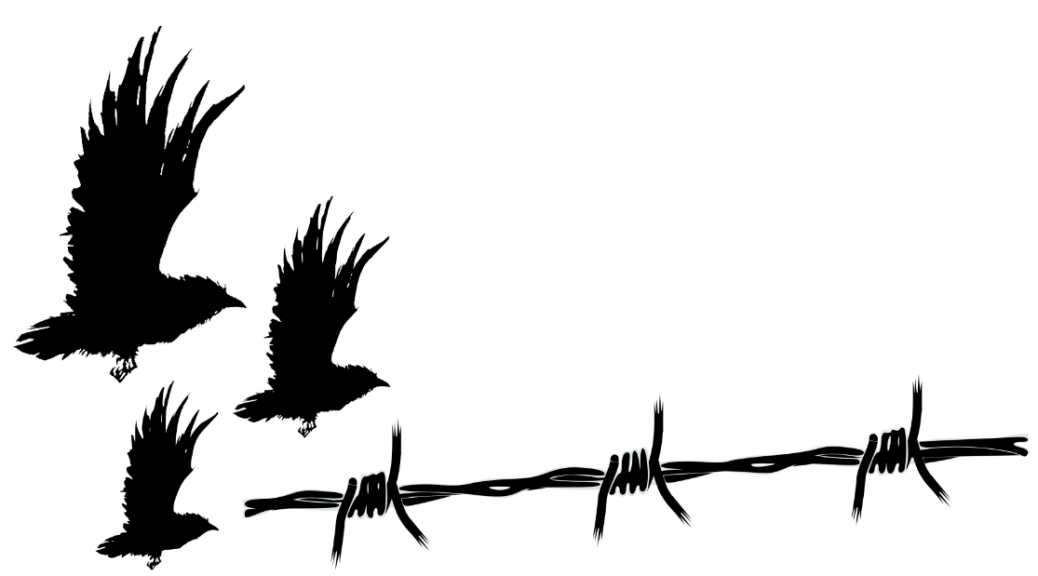
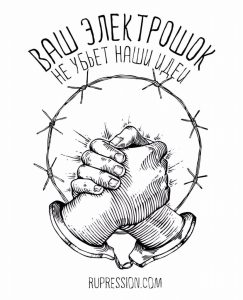
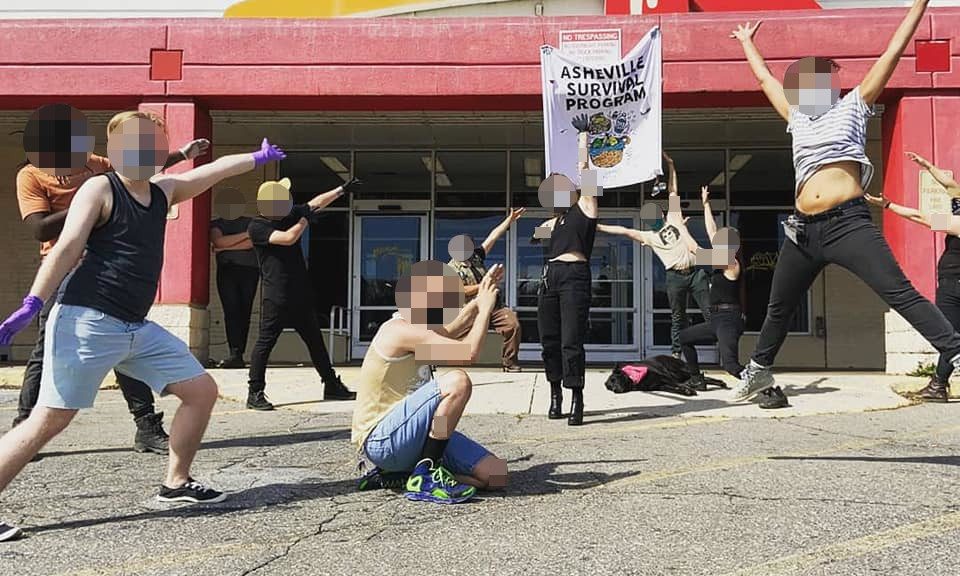
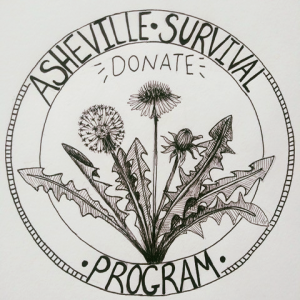


 Check our show notes for more links, including our conversation with Dónal O’Driscoll from November of 2020 about the SpyCops case. There’s also a new podcast out called SpyCops Info that includes folks who had been part of groups infiltrated by undercover pigs in the UK in past decades talking about individual cops and the ongoing inquiry that’s worth giving a listen to:
Check our show notes for more links, including our conversation with Dónal O’Driscoll from November of 2020 about the SpyCops case. There’s also a new podcast out called SpyCops Info that includes folks who had been part of groups infiltrated by undercover pigs in the UK in past decades talking about individual cops and the ongoing inquiry that’s worth giving a listen to: 